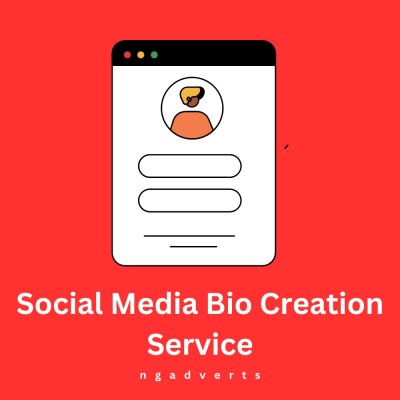I saw a beautiful piece I would like to share below.
"In Washington DC, at a Metro Station, on a cold January morning in 2007, a man with a violin played six Bach pieces for about 45 minutes.
During that time, approximately 2000 people went through the station, most of them on their way to work.
After about four minutes, a middle aged man noticed that there was a musician playing. He slowed his pace and stopped for a few seconds, and then he hurried on to meet his schedule.
About four minutes later, the violinist received his first dollar. A woman threw money in the hat and, without stopping, continued to walk.
At six minutes, a young man leaned against the wall to listen to him, then looked at his watch and started to walk again.
At ten minutes, a three year old boy stopped, but his mother tugged him along hurriedly.
The kid stopped to look at the violinist again, but the mother pushed hard and the child continued to walk, turning his head the whole time.
This action was repeated by several other children, but every parent, without exception, forced their children to move on quickly.
At forty-five minutes, the musician played continuously. Only six people stopped and listened for a short while. About twenty gave money but continued to walk at their normal pace.
The man collected a total of $32.
After about one hour, he finished playing and silence took over. No one noticed and no one applauded. There was no recognition at all.
No one knew this, but the violinist was Joshua Bell, one of the greatest musicians in the world. He played one of the most intricate pieces ever written, with a violin worth $3.5 Million Dollars.
Two days before, Joshua Bell sold-out a theater in Boston where the seats averaged $100 each to sit and listen to him play the same music.
This is a true story.
Joshua Bell, playing incognito in the D.C. Metro Station, was organized by the Washington Post, as part of a Social Experiment about perception, taste and people’s priorities.
This experiment raised several questions:
In a common place environment, at an inappropriate hour, do we perceive beauty?
If so, do we stop to appreciate it? Do we recognize talent in an unexpected context?"
So there are some lessons we can glean from the above story and I will put them below.
AS A RULE OF THUMB PEOPLE DO NOT VALUE FREE THINGS. What it costs is directly proportional to the value placed on it.
ENVIRONMENT IS A FACTOR IN VALUE. If you have something very costly to sell then you need to do it in an appropriate environment.
CHILDREN ARE MORE FLEXIBLE AND OPEN MINDED THAN ADULTS. THEY ARE MORE LIKELY TO APPRECIATE BEAUTY. Biases and Prejudices are cultural, contextual, and man-made.
Most children will see value until they are taught that the value they see has no value.
PROFILING PEOPLE AND STEREOTYPING ALWAYS DISTORTS VISION AND PERCEPTION.
A SOLITARY GLANCE HARDLY EVER TELLS YOU WHAT YOU NEED TO KNOW.
There is so much beauty most of us do not see or recognize because it does not immediately fit into the construct of what we call beauty.
YOUR VALUE IS INTERNAL, IT IS NOT EXTERNAL. The reason genuine wealth is portable is that it is something you can carry from place to place and is not subject to environment.
LOOK FOR AND CONCENTRATE ON THE THINGS THAT REALLY MATTER IN LIFE.
Life is short. Let us strive hard and make the best of it.
~Ugonna Emechebe
Like
Share












Nwanne Mmadu
Delete Comment
Are you sure that you want to delete this comment ?